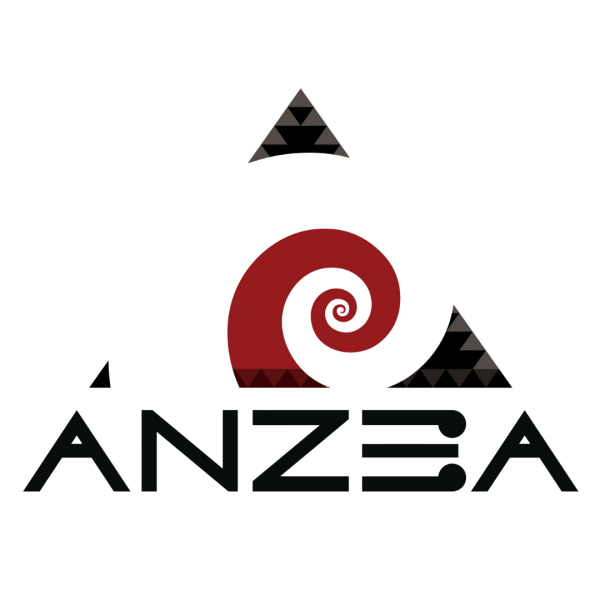Related Content
.
➥ We are excited to confirm Dr Apisalome Movono and Professor Regina Scheyvens as our keynote speakers. Our conference theme was inspired by their book, 'Mana of the Pacific – Wisdom from Across Oceania.'
Dr Apisalome Movono and Professor Regina Scheyvens Presentation
To understand how to embrace a mana-enhancing approach to evaluation, we first must appreciate the profound and sacred meaning of ‘mana.’ Mana is unseen and is not something we can commodify, just as a mana-enhancing approach should not be seen as a ‘fad’ in evaluation or something to tick off and add to the evaluator’s tool kit. Such an approach requires a fundamental rethinking of how evaluation is practised and adequate time to invest in building strong, mutually respectful relationships with local partners and those who are supposed to benefit from any intervention.
In this address, Api and Regina will reflect on some of their experiences when monitoring and evaluating development programmes in the Pacific region, share some stories, and identify some principles that could help guide us towards understanding a mana-centric approach so that it is ingrained in our practices. These principles include localising evaluation, practicing humility, empowering our counterparts, developing a thorough appreciation of the context, devoting attention to strengths of programmes rather than focusing mainly on critiques, and remembering who the evaluation should serve.
➥ We are pleased to confirm Dr. Rae Siʻilata, Director of Vaʻatele Education Consulting as a keynote speaker at the ANZEA conference.
➥ We are thrilled to welcome Louise Were, Director of Hikitia Consultants and past co-convenor of ANZEA, as a keynote speaker at the ANZEA Conference.
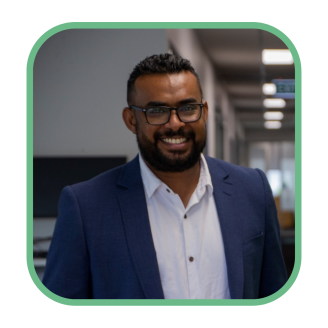
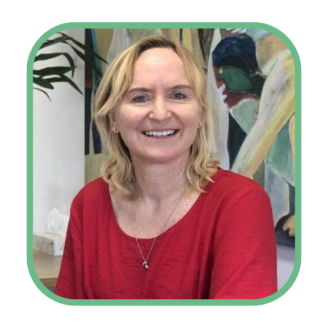
Dr Apisalome Movono is a conservationist, academic, activist, and oceans advocate from Buca in Fiji. He comes from a long line of navigators, fishermen, and warriors of the sea. Currently, he serves as a Research Fellow in Development Studies at Massey University. His work involves researching and promoting development that is fair, resilient, and sustainable for the people of the South Pacific and future generations. His research interests include ecological impacts, livelihoods, tourism development, and resilience in Pacific Island communities. Apisalome is also directly involved in tourism and conservation initiatives in Fiji, for example, he is the co-founder of the Laucala Beach Sustainability Society, which works to restore and protect the Laucala Beach Ring-Ditch Fortification site.
Professor Regina Scheyvens is Professor of Development Studies at Massey University in New Zealand, where she combines a passion for teaching about international development with research on tourism, community empowerment and sustainable development, especially focusing on the South Pacific. Along with books on ‘Tourism for Development: Empowering Communities’, ‘Tourism and Poverty’ and ‘Inclusive Tourism Development’, she has published a wide range of articles and blogs and is producing a youtube series on ‘Indigenous Voices on Tourism’. Her latest research with Dr Movono appears here (www.reimaginingsouthpacifictourism.com).
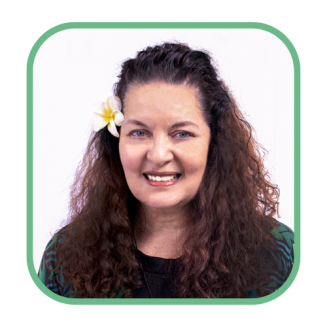
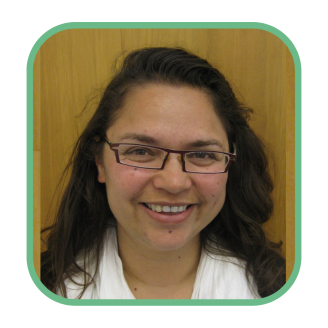
Dr Si’ilata (Ngāti Raukawa/Tūhourangi/Fiji) delivers professional learning and research projects focused on bilingualism, multilingualism, and multiliteracies in Pacific and Indigenous Education. During her career, Rae has been a teacher and school principal in Aotearoa and Samoa. From 2005-2020, she was lecturer/senior lecturer at the University of Auckland, and from 2020-2024 was a senior lecturer at Te Whare Wānanga o Awanuiārangi.
Louise Were is a Māori evaluator who seeks to bring together Te Ao Māori, evaluation and systems thinking and design. She specialises in evaluation and policy analysis, with her professional background stretching across Māori, public health, disability, and community contexts, within both the private and public sectors. Having recently completed a Master’s programme exploring the potential of actioning the capacity of aroha for positive change through evaluative leadership, Louise is now a PhD candidate with a focus on how we generate evaluation ecosystems that are disabled person and whānau led. She is a former Executive Member of Mā te Rae – Māori Evaluation Association, and past Co-Convenor of the Aotearoa New Zealand Evaluation Association.
